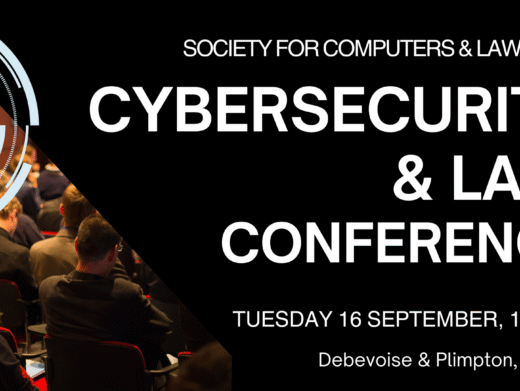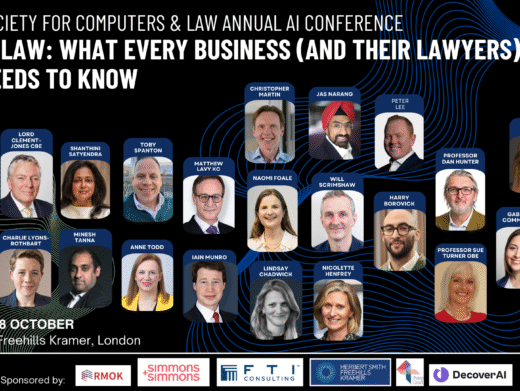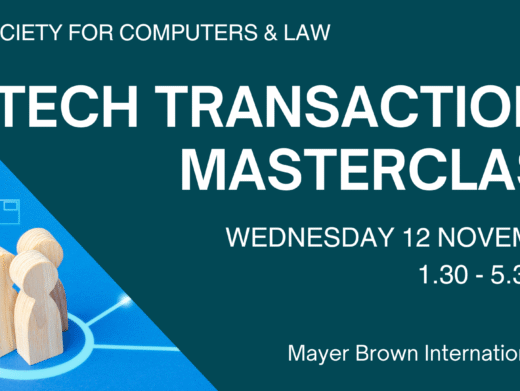Abrasive is certainly not the way I would describe Nilema
Bhakta-Jones. Though having spent time with her for the purposes of this
interview she certainly struck me as someone well able to assert herself and
defend her views effectively. Her keynote, ‘the
Power of Creative Abrasion’, for the SCL Conference in September, a title
initially at odds with itself, soon made perfect sense.
What Nilema believes is the legal profession should experiment
with methodology and ideas from successful businesses. What is often lacking when
innovating is a diversity in views from people in different functions,
backgrounds and experiences. This group must be open to debate, experimentation
and seek collaborative resolution. ‘Our desire for conformity and consensus
without conflict can be the enemy of innovation. ‘
Our trial and justice system provides a great analogy for
the concept of safe debate and conflict. Court advocates, through advocacy,
cross examination, expert witness production, and fierce debate on the evidence
and law, are driven to pursue justice, they don’t shy away from conflict. The
courtroom is a safe environment for that debate to take place.
Nilema’s commitment to creative abrasion is not the product
of the latest tome from some management guru but the product of observation in
industry, personal experience and studying at Harvard. Having recently conducted
over 40 different focus group sessions with GCs and Law Firms at Alacrity,
certain themes emerged. Principally, the willingness of many GCs to seek new creative
or technological solutions to existing problems and their incomprehension when
discovering that ‘good service delivery’ is not a core KPI for many law firms.
Certainly, some firms recognise this issue and seek to address it but in
isolation. Many do not acknowledge it and ignore the vast cultural diversity
between private practice and in-house.
Nilema, a barrister by training, was General Counsel of the
FTSE 250 company Ascential plc (formerly EMAP) for 11 years and advised on
international and domestic M&A, JVs, IP and a broad range of legal
contentious & regulatory issues. That long stint with Ascential was
preceded by six years with Simmons & Simmons and working for the Government
Legal Service. She is now CEO of Alacrity, a legal relationship management
platform which aims to enhance the relationships between law firms and clients.
Nilema’s keynote will address the oft-cited view that
lawyers are incapable of being creative and innovative. She notes that many
commentators who offer up advice on LinkedIn have never occupied the role of
Partner or General Counsel and cannot lay claim to having innovated anything.
But the reality is that many law firms are adopting new
systems, whether the product of their own internal tech teams or brought in
from external providers – external providers that are springing up in sometimes
confusing profusion.
In building new
products, systems or implementing new software, too many untested assumptions
are made about the problem the organisation is trying to solve. Firms approach
it with internal teams and rarely invite clients to define the problem and
co-create a solution. ‘When firms unveil
the shiny new system or portal, the user take-up is slow or non-existent. I am
excited to see some firms and in-house teams picking up the challenge faced by
their organisations and build solutions. Where there has been a failure to
deliver the desired result, this is often due to lack of design thinking
upfront, the absence of rigorous debate and testing and the failure to use
experts with the right sort of track record.’
Nilema will suggest in her keynote that, for people to offer
ideas that allow creative abrasion to occur, they need to feel both
motivated and psychologically safe. Nilema cites Harvard’s Professor Linda A.
Hill’s work ‘Those conditions can only exist when the group is a community
where members feel bound by a mutual purpose and collective goal, shared
values, and real rules of engagement.’ There is no blame, they are allowed to
fail without recrimination, they involve their clients!
No blame and no recrimination is hardly usual in law firms
(or in-house) culture but Nilema’s core message is: ‘Take a leap of faith,
believe that taking a diverse group from different strata in a firm and
external experts can generate diverse ideas and a new way of working.’ That is
the path to creative abrasion and will allow law firms and in-house legal teams
to benefit from successful innovation.




